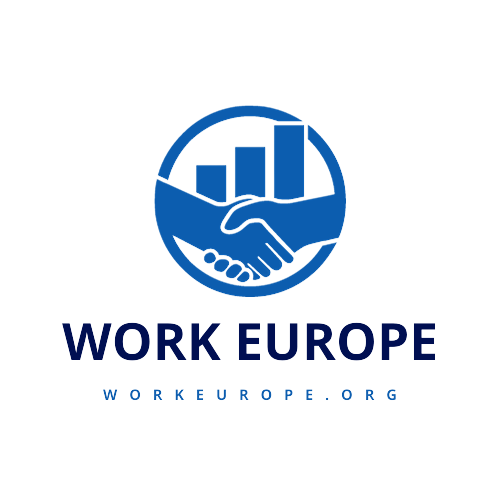
As an employee in Europe, you have rights and protections under labor laws that are designed to ensure fair and safe working conditions. While specific labor laws can vary from country to country within Europe, there are common principles and standards that generally apply throughout the region. Here are some key rights and enforcement mechanisms:
1. Employment Contracts: You are typically entitled to a written employment contract outlining the terms and conditions of your employment, including your job description, salary, working hours, and notice periods.
2. Minimum Wage: Many European countries have established minimum wage laws that set a baseline for employee compensation. The minimum wage varies widely across Europe.
3. Working Hours: Labor laws often define standard working hours, overtime rates, and rest periods. In Europe, the standard workweek is typically 35 to 40 hours, with additional hours considered overtime.
4. Paid Leave: Employees are entitled to paid vacation days, public holidays, and other types of leave, such as sick leave and parental leave, in accordance with national labor laws.
5. Workplace Safety and Health: Employers are required to provide safe working conditions, including necessary safety equipment and training. Employees have the right to report workplace hazards without fear of retaliation.

6. Equal Treatment and Non-Discrimination: Discrimination based on factors such as race, gender, religion, sexual orientation, and disability is prohibited. You have the right to equal treatment and opportunities in the workplace.
7. Collective Bargaining: Many European countries have strong labor unions and allow collective bargaining between unions and employers to negotiate labor conditions, including wages and benefits.
8. Termination Rights: Labor laws typically regulate the grounds and procedures for terminating employment. They may require notice periods, severance pay, or specific justifications for dismissal.
9. Enforcement Mechanisms:
- Labor Inspectorates: European countries have labor inspectorates or government agencies responsible for enforcing labor laws and conducting workplace inspections.
- Courts and Tribunals: You can seek legal recourse through labor courts or tribunals if you believe your rights have been violated.
- Labor Unions: Labor unions can represent and advocate for employees in labor disputes, negotiations, and grievances.
10. Whistleblower Protection: In many European countries, there are legal protections for whistleblowers who report workplace misconduct or illegal activities within their organizations.
11. Posting of Workers Directive: This EU directive ensures that posted workers (those temporarily sent to work in another EU country) receive the same employment rights and benefits as local workers.

It’s important to familiarize yourself with the specific labor laws and regulations of the country where you are employed, as there can be variations in employment rights and obligations. Additionally, consider consulting with legal or labor experts if you have concerns or questions about your employment rights or if you believe they are being violated.

